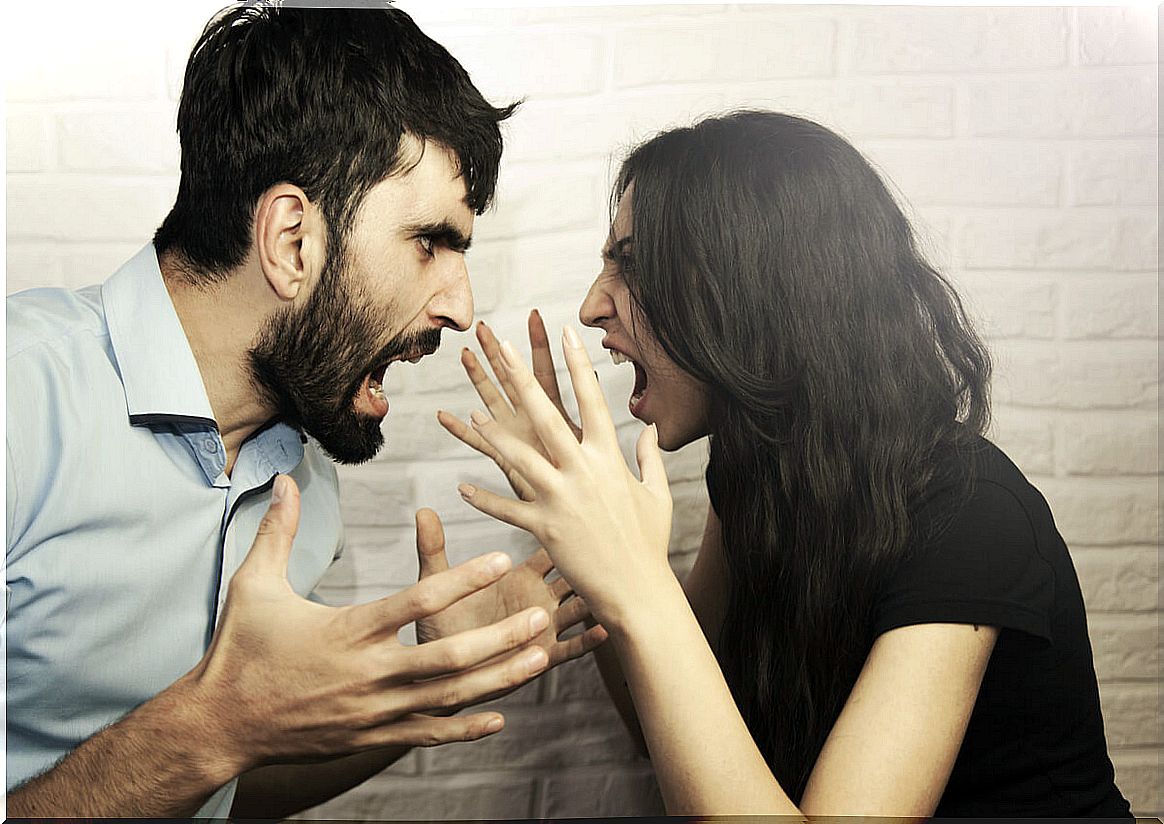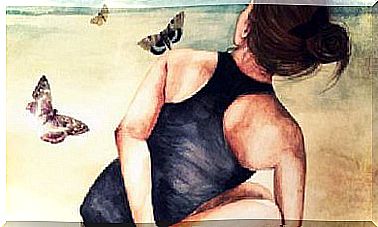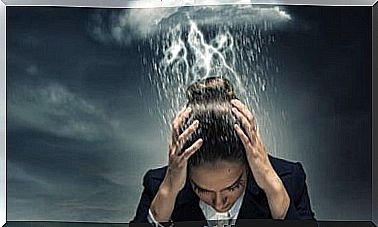How To Reduce Impulsivity?

Impulsivity motivates behaviors with little reflection or cognitive processing between the stimulus and the response. It is present in a very marked way in different psychological disorders, such as bipolar disorder, borderline personality disorder, eating disorder, etc. However, impulsivity does not have to be linked to any type of disorder, but it has been able to be constituted as a method of operation based on experience.
The answer is immediate, without an analysis that allows the person to establish the pros and cons of the conduct carried out. Impulsiveness on many occasions is a great source of suffering. People who are characterized by this pattern of behavior do not anticipate its consequences or underestimate its scope when taking action.

Characteristics of impulsivity
It is known that impulsive behaviors tend to be completed in less time than other kinds of responses. This is due to little reflection when issuing an impulsive response.
Therefore, impulsive behaviors are characterized by poor planning and high risk. The long-term effects it produces are usually unwanted, generating discomfort and feelings of guilt.
Components of impulsivity
There are three components that characterize impulsive behavior:
- Attention failures. When it comes to processing the context where the person is immersed, the person often has failures to interpret reality and process environmental stimuli.
- Lack of inhibition. The person, as a consequence of having wrongly processed the stimuli of the environment, makes a response in which its maximum characteristic is motor behavior.
- Insensitivity to contingencies : As previously mentioned, the person does not contemplate the consequences that they may entail for themselves and for others, generating later greater discomfort. Insensitivity to contingencies may be one of the most important factors in explaining why impulsive behavior reoccurs, since this discomfort can again lead to attentional failures and therefore trigger impulsivity.
What does impulsivity lead to?
Impulsiveness can manifest itself in a number of ways. On the one hand, aggressive behaviors may manifest towards oneself or others. Although aggressive behaviors are not only the only way that impulsivity can become visible. For example, buying low-need items at times of high emotional intensity, consumption of alcohol and other drugs, overeating, etc.
It must be said that impulsivity should not be a problem as long as these behaviors are sporadic. The problem is whether impulsivity is constituted as the basic functioning method for dealing with unpleasant sensations, emotions, thoughts or memories.
How to lower the level of impulsivity?
Decreasing impulsivity is not usually easy if the person’s functioning dynamics are based on immediate responses. Furthermore, in some cases, impulsivity can sometimes be reinforced by consequences obtained from others or from the environment.
Attending psychological therapy can be of great help to the person. In it, an individualized study of the person is carried out, the evaluation and analysis of the experience of this type of behavior is carried out, as well as a correct intervention that encourages them to function in a different way based on their objectives in life.

General recommendations to reduce impulsivity
However, a series of general recommendations are written here to try to be somewhat less impulsive:
- At times when impulsivity has ceased, analyze the short-term and long-term consequences of impulsive behavior. Thus, the immediate consequences that maintain the performance of behaviors that can be harmful can be observed, and the need to change this type of behavior based on the subsequent consequences.
- Attention to experience: What makes you react impulsively? What characteristics do the circumstances or elements that lead to act impulsively have in common? In what other circumstances has your experience asked you to act in the same way? What consequences were there?
- Attention to internal sensations. What do you feel before engaging in impulsive behavior? What feeling is more unpleasant? How would you describe it?
- Ask what for. Why act the way you usually act when these unpleasant sensations are present?
- In the event that impulsive behavior leads to excessive consumption (alcohol, money, food;), reduce the availability of these products.
- If the impulsive behavior nevertheless translates into aggressive forms, it is best to withdraw from the scene where this type of behavior is facilitated.
Impulsiveness can be a huge handicap when we adopt it as a habit. Over the centuries, the world around us has increased the proportion of thoughtful responses it demands. This means that self-control has scored many points as an adaptive advantage.









